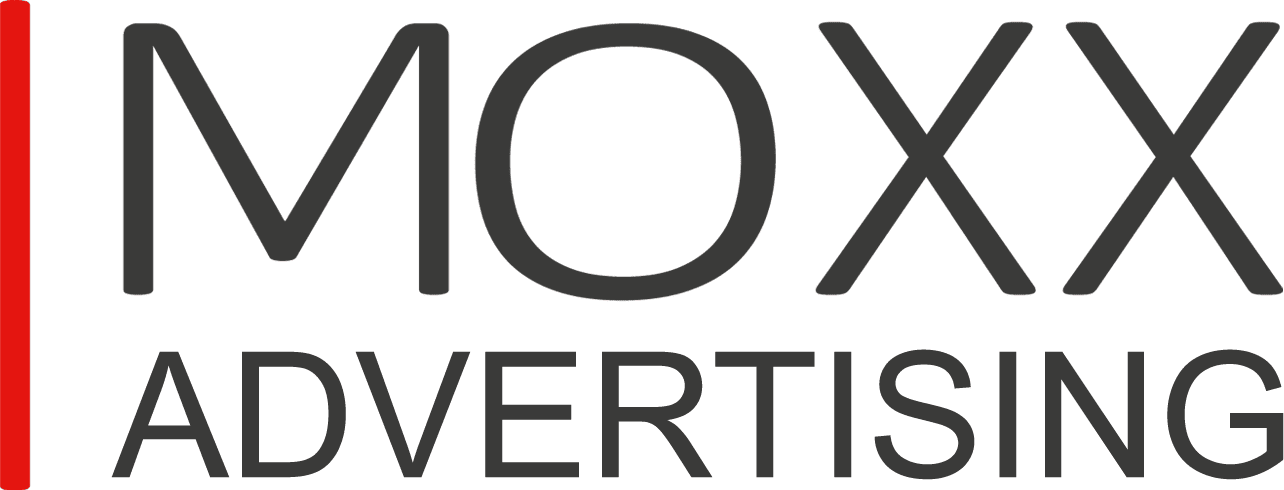Content Marketing
It is impossible to do quality marketing without well-selected and presented content. This is the unwritten law that begins the construction, creation, and distribution of valuable, relevant, and consistent content – an essential part of a business or company’s overall concept to reach its consumers
What is marketing?
Marketing is a business practice used to attract customers and customer attention to products or services. It involves various strategies and methods for creating, communicating, and delivering value to consumers in order to meet their needs and desires and achieve the organisation’s goals.
The primary goal of marketing is to create a connection between the product or service and the target audience by stimulating interest, desire, and purchase. This process involves market analysis, defining the target audience, product or service development, pricing, selecting appropriate distribution channels, and using messages and advertising to capture attention and persuade consumers to make a purchase.
Marketing also constantly evolves and adapts to the ever-changing business environment and technological advancements. It encompasses various sub-disciplines such as digital marketing, social marketing, event marketing, and others. It’s important to emphasise that marketing is a key element for the success of many organisations because it helps maintain and grow the business by creating and maintaining a connection with customers.
What are the benefits of marketing?
Marketing has numerous benefits and plays a vital role in the successful operation of business organisations. Here are some of the key benefits of marketing:
- Increasing sales: Marketing helps stimulate demand and encourages customers to purchase products or services. This process involves creating attractive offers, advertising campaigns, and other methods to attract customers.
- Identifying the target audience: Marketing helps organisations identify and understand the needs, desires, and preferences of their customers. This enables the targeting of products and services to the appropriate customers.
- Developing the brand and image: Marketing helps build and maintain a strong corporate and product identity. This process involves establishing the brand, creating uniqueness, and building trust in the eyes of customers.
- Increasing competitiveness: Effective marketing allows businesses to outperform their competitors by offering better products, better prices, or better value for customers.
- Innovation and development: Marketing stimulates innovation, as organisations need to constantly adapt to changing market and customer needs. This process encourages the development of new products and services.
- Price and revenue optimisation: Marketing can assist in determining the right prices to maximise revenue and sales contributions.
- Customer communication: Marketing provides the opportunity for communication with customers through various channels such as advertising, social media, email marketing, and others. This helps maintain customer relationships and gather feedback and information.
- Enhancing customer loyalty: Marketing helps create long-term relationships with customers and increases their loyalty to the brand or product.
- Measuring results: Marketing allows organisations to effectively measure the effectiveness of their marketing efforts and analyse data to improve their strategies.
In the end, marketing is a crucial tool for creating value for customers and fostering business growth. It assists organisations in adapting to the dynamic environment and achieving their goals and success.
What to watch for in marketing?
In marketing, there are several key aspects and factors to be mindful of to ensure that your marketing efforts are successful and ethical. Here are some of them:
- Target audience: Understand your target audience well. Develop a detailed profile of your customers and tailor your marketing efforts to meet their needs and interests.
- Ethics and transparency: Be ethical in all aspects of your marketing. Avoid manipulative or undisclosed practices. Clarify all prices and terms for products and services.
- Content and value: Provide value to your audience through quality content. Don’t just focus on sales; strive to educate and engage your customers.
- Professionalism: Position yourselves as professionals in the field of marketing. Adhere to best practices and stay updated on current trends and innovations.
- Compliance with laws and regulations: Understand the laws and regulations related to marketing in your area and adhere to them.
- Measurement and analysis: Establish metrics for measuring the results of your marketing efforts and analyse data to adjust and optimise your strategy.
- Consistency: Align your marketing messages and emails with your overall brand strategy. Consistency is crucial for building a recognisable and strong brand.
- Customer support: Respond to customer questions and complaints promptly and professionally. Customer support is an important part of marketing.
- Competition: Monitor your competitors and analyse their marketing strategies. Don’t copy, but draw inspiration and improve your own tactics.
- Adapting to trends: Marketing is subject to constant change. Be prepared to adapt to new trends and technologies as they emerge.
- Teamwork: If you work in a marketing agency or team, communication and collaboration are essential.
Content marketing
Content marketing is a strategy for attracting and retaining customers by creating and sharing valuable, informative, and engaging content. This type of marketing aims to establish your company as an expert in a particular field and build long-term relationships with your audience. Here are some key aspects of content marketing:
- Content creation: This can include blogs, articles, videos, images, infographics, ebooks, and other formats that are suitable for your target audience.
- Search Engine Optimisation (SEO): Use keywords and optimise your content to ensure it’s visible to your searchers.
- Social media: Share your content on social networks to reach a larger audience and generate engagement.
- Newsletters: Send personalised newsletters containing your content to your subscribers.
- Guest posts: Publish content on other websites or blogs in your niche to increase your brand’s visibility and authority.
- Analysis and measurement: Use analytical tools to track the results of your content marketing and adjust your strategy based on the outcomes.
- Personalisation: Give your content a personality and style that resonates with your audience, focusing on their needs and interests.
Content marketing is an essential component of the digital marketing strategy for many companies and can help increase brand visibility, generate potential leads, and enhance customer loyalty.
Digital marketing
Digital marketing, also known as online marketing, encompasses a set of marketing strategies and methods used to promote products and services through digital channels and platforms. This type of marketing is conducted through the use of the internet, social media, email, websites, mobile applications, and other digital technologies. Here are some key aspects of digital marketing:
- Website and Search Engine Optimisation (SEO): Create a website that presents your company and products and optimise it to be visible in search engine results like Google.
- Social media: Use platforms like Facebook, Twitter, Instagram, and LinkedIn to communicate with your audience, share content, and increase your brand’s visibility.
- Paid advertising: Invest in online advertising campaigns, such as Google Ads, Facebook Ads, and other advertising networks, to reach a broader audience.
- Email marketing: Use emails to communicate with customers and subscribers by sending them information, offers, and content.
- Content marketing: Create high-quality content that attracts and engages your audience and supports your marketing strategy.
- Analysis and measurement: Use analytical tools to track the results of your online marketing efforts and adjust your strategy based on data.
- Mobile marketing: Optimise your content and ads for mobile devices, as more people are using smartphones and tablets.
Digital marketing offers a wide range of opportunities to reach potential customers, create brand visibility, and generate sales. This type of marketing is becoming increasingly important in today’s digital world and is an integral part of the marketing strategy for many companies.
Marketing strategy
A marketing strategy is a document or plan that outlines what a company or organisation will do to achieve its marketing objectives and meet the needs of its customers. It typically includes market analysis, defining the target audience, selecting marketing methods and tools, and determining the budget and resources.
Here are some key steps and components of a marketing strategy:
- Market analysis: Researching the market environment, competitors, trends, and opportunities. This analysis helps you understand the context in which you operate.
- Target audience definition: Identifying the specific groups of consumers or customers to whom your marketing campaign is directed.
- Positioning and branding: Defining how you want your brand or products to be perceived in the market and how you will compete.
- Marketing objectives: Setting specific and measurable goals you want to achieve with your marketing strategy, such as increasing sales, enhancing brand visibility, and others.
- Marketing methods and tools: Choosing marketing tools and channels to use, such as social media, advertising, content marketing, SEO, and others.
- Budget and resources: Determining the necessary financial and human resources allocated for strategy execution.
- Timelines: Setting specific deadlines and schedules for implementing the marketing strategy.
- Monitoring and measurement: Evaluating and tracking the results of the marketing strategy to ensure that you are achieving your goals and to adjust your strategy if necessary.
A marketing strategy should be flexible and adaptable to changing market conditions and consumer preferences. It serves as a guide for all marketing activities within an organisation and helps achieve desired results.
Online advertising in marketing
Online advertising is an important component of the marketing strategy that uses digital channels and the internet to reach potential customers and strengthen the company’s brand. This type of advertising offers many advantages and includes various methods and tools.
Here’s how online advertising is integrated into marketing:
- Target audience and personalisation: Online advertising allows precise targeting of specific audience segments based on demographic data, interests, behaviour, and other criteria. This provides an opportunity for personalising messages and increasing consumer engagement.
- Monitoring and measurement: Online advertising is highly measurable. Advertisers can track metrics such as clicks, conversions, ROI (return on investment), and more. This enables marketing professionals to assess the effectiveness of their campaigns and adjust their strategies accordingly.
- Flexibility and optimisation: Online advertising allows for quick reactions and changes to advertising campaigns. Advertisers can adjust budgets, targeting, and ad content based on the observed results.
- Variety of formats: Online advertising encompasses a variety of formats, including banners, text ads, video ads, content marketing, and more. This wide array of options allows marketers to select the most suitable format for their goals and messages.
- Platforms and channels: Advertisers can choose from various online platforms and channels, such as Google, Facebook, Instagram, Twitter, LinkedIn, YouTube, and others, to reach their target audience. Each of these platforms offers unique advertising opportunities.
- Social media: Social media is a particularly important component of online advertising as it allows active interaction with the audience and content sharing.
- SEO and content marketing: Online advertising can be combined with efforts in SEO (search engine optimisation) and content marketing to improve organic traffic and website visibility.
- Email marketing: Integrating email marketing into online advertising allows advertisers to maintain relationships with their customers and attract new ones with special offers and messages.
Online advertising is a powerful tool in marketing that can support a company’s goals for visibility, increased sales, and brand building. It is effectively used in combination with other marketing strategies and methods.
Marketing agency
A marketing agency, also known as an advertising agency, is a specialised firm or organisation that provides marketing and advertising services to clients. These agencies work with various types of clients, including businesses, organisations, startups, and individuals, to help them achieve their marketing goals and strengthen their brand. Here are some of the key functions and services provided by marketing agencies:
- Strategic planning: Marketing agencies assist their clients in developing a marketing strategy that includes defining goals, target audiences, messages, and methods to achieve results.
- Advertising and media planning: They create and execute advertising campaigns across various media channels, including television, radio, internet, social media, print publications, and others.
- Design and creativity: Marketing agencies create advertising materials, banners, videos, graphic design, and other content designed to capture the attention of the target audience.
- Content and copywriting: Writers and content creators in agencies produce high-quality content for websites, social media, emails, and other channels.
- Social media management: Marketing agencies offer profile and post management on social media, as well as engagement strategies for the audience.
- Public relations (PR): They can help clients manage their reputation and public relations efforts.
- Digital marketing: In addition to advertising, marketing agencies are involved in SEO (search engine optimisation), content marketing, email marketing, analytics, and more.
- Analysis and measurement: They use analytical tools to track and measure the effectiveness of marketing efforts and provide reports to clients.
Marketing agencies work in collaboration with their clients to understand their goals and needs and develop marketing strategies and campaigns to support the growth of their business. They often combine various methods and tools to achieve maximum impact and effectiveness in marketing.
Digital marketing agency
A digital marketing agency is a specialised firm or organisation that provides comprehensive services in digital marketing and online advertising to clients. These agencies focus entirely on using digital channels and tools to achieve marketing goals and strengthen the online presence of their clients. It is important to note that a digital marketing agency can provide various services and expertise in areas such as:
- Social media marketing: Managing profiles and posts on social media platforms such as Facebook, Instagram, Twitter, and LinkedIn. Strategies for increasing engagement and follower growth.
- Paid advertising: Creating and managing advertising campaigns on online advertising platforms like Google Ads, Facebook Ads, and others. Keyword optimisation, targeting, and budget management.
- Digital content marketing: Creating high-quality content (articles, videos, infographics) that attracts and engages the audience and supports SEO.
- Email marketing: Sending personalised emails with information and offers to subscribers and customers of the company.
- Web design and development: Creating websites and online platforms that are functional, attractive, and optimised for mobile devices.
- Search Engine Optimisation (SEO): Working to improve search engine rankings to increase website visibility and attract more organic traffic.
- Analysis and measurement: Using analytical tools to track the results of marketing efforts and provide reports and recommendations for improvements.
Digital marketing agencies work with various clients, from small startups to large corporations, and strive to understand the specific needs and goals of each client to provide personalised solutions. They are important partners for companies looking to build a successful online presence and achieve marketing goals in the digital environment.
Prices for marketing agency services
The prices for the services of a marketing agency vary significantly depending on various factors, including the types of services, the scope of work, the geographical location, the experience and reputation of the agency, as well as the complexity of the projects. Here are some general guidelines regarding what to expect regarding the prices of marketing agency services:
- Management and consultation costs: Marketing agencies typically combine management and consultation costs, which can vary depending on the agency. This may include service timelines, negotiations, and strategic planning.
- Service fees: Service fees refer to the prices associated with the specific marketing services provided by the agency. These services may include web design, content marketing, social media management, advertising campaigns, and others.
- Platforms and tools: Some marketing services may require specific software tools and platforms. These costs can impact the price of the services.
- Advertising costs: If you use paid advertising campaigns, you will need to cover the advertising costs, such as the budget for Google Ads, Facebook Ads, and other advertising platforms.
- Work volume: The volume of work and the project’s duration also affect the price. Larger and more complex projects usually require larger investments.
- Geographical location: Prices for marketing services can vary significantly depending on the geographical location of the agency. For example, marketing agencies in major cities often have higher prices compared to those in smaller areas.
- Experience and reputation: Marketing agencies with years of experience and a good reputation may have higher prices because their services are highly valued.
- Project support and management: Some marketing agencies offer project support and management as additional services, which can affect the prices.
Prices for the services of a marketing agency are usually negotiated individually for each company and project and can be determined after consultations and an assessment of specific needs and goals. It’s important to negotiate and ensure that the price reflects the value you will receive from the marketing agency.
Why does content marketing work?
Our long-standing relationships with clients show that both small and large companies use content marketing. Why? Because it works. Within the framework of their own strategy, they attract and maintain the interest of a specific audience, which is ultimately stimulated to shop and be interested in the development of the product or service.
Free consultation
From our blog

The psychology of advertising: How colours, fonts, and images influence consumers
Advertising is a form of communication that popularizes an idea, product, or service, making it known to the general public. This includes the use of

SEO risks: What to avoid in your website optimisation strategies
SEO is one of the most crucial tools in online marketing. It encompasses a set of strategies and techniques aimed at improving a website’s positions

What is a copywriter and is it worth hiring a professional?
In the dynamic world of marketing and communications, a copywriter plays a crucial role in turning ideas into words that inspire, educate and persuade audiences.

